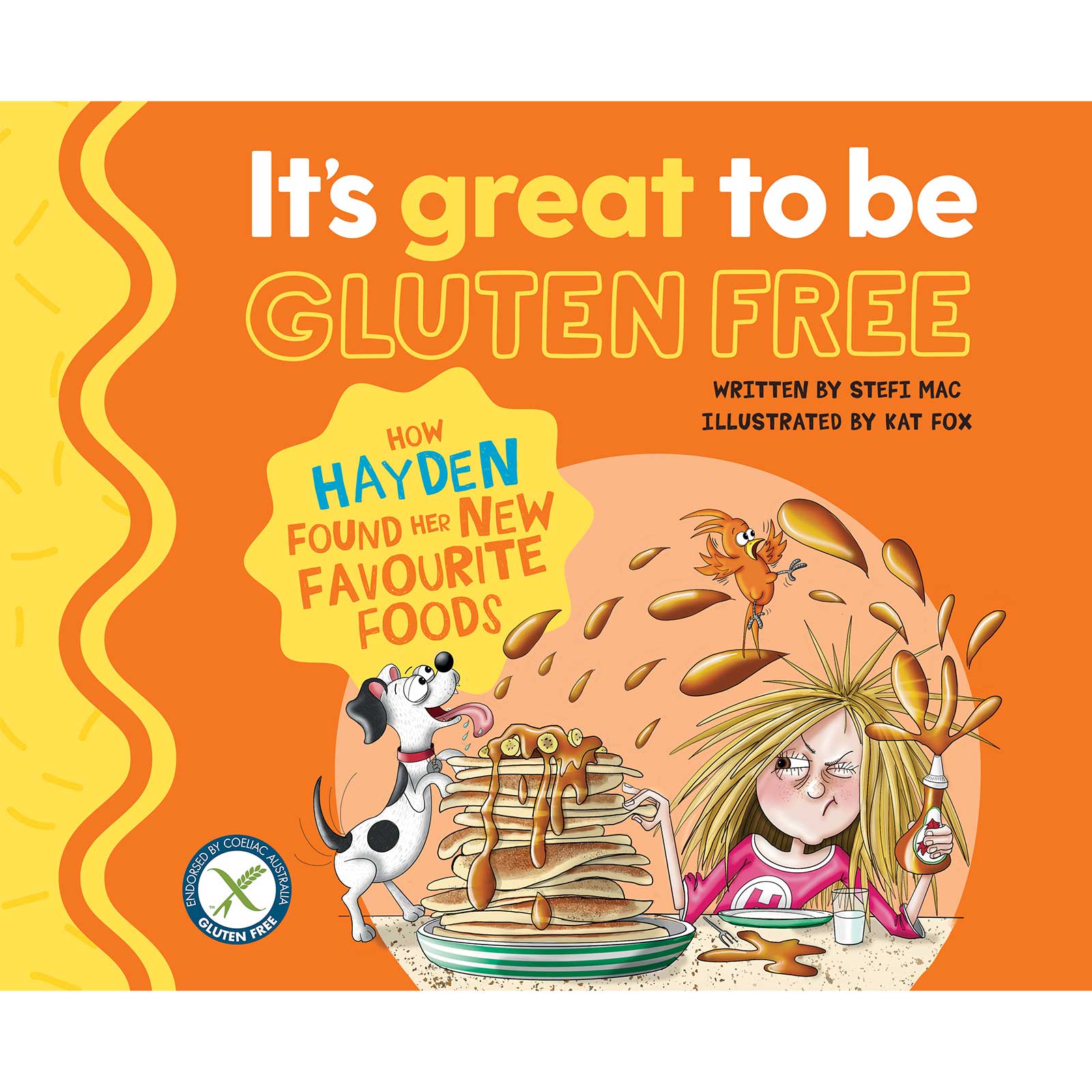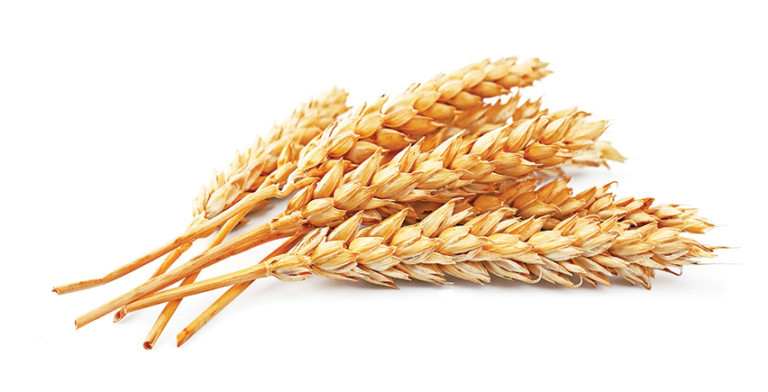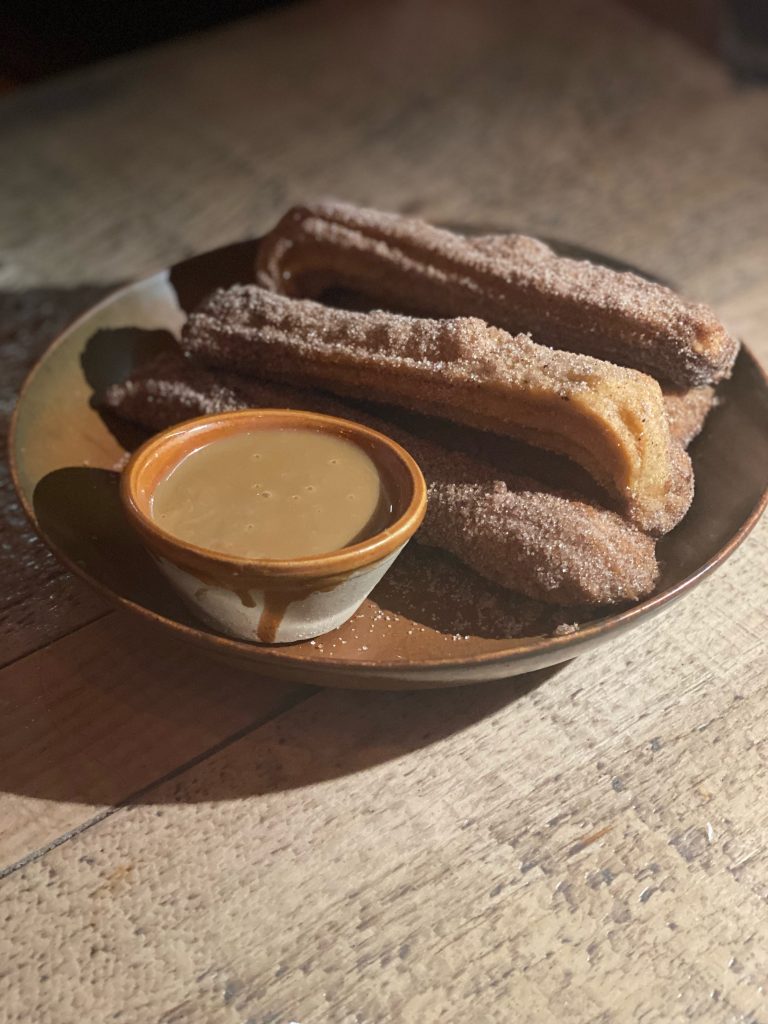Navigating a coeliac disease diagnosis and adopting a gluten-free diet can be challenging at any age, but it is especially tough for children and their carers. Stefi Mac has developed a series of children’s books to help families adapt to their new way of life. Stefi sat down with AGFL to share the inspiration behind the books and their creation.
AGFL: Why did you decide to write a book series about the gluten-free diet?
Stefi Mac: As a devoted mother of a child with coeliac disease and someone who is personally gluten-intolerant, I understand all too well the challenges of living a gluten-free lifestyle. When my child was diagnosed, my family and I struggled to find accessible and easy-to-follow resources to guide us through the transition. That’s why I decided to write a series of books about the gluten-free diet, to support other families who may be facing similar challenges and provide them with the necessary tools for success. Through these books, I hope to make a positive difference in the lives of kids and families by empowering them to lead a happy, healthy, and fulfilling life – minus the gluten!
AGFL: Why a series of books and not just one?
Stefi Mac: Transitioning to a gluten-free lifestyle can be a complex journey with many new topics to navigate. There is a steep learning curve that can be overwhelming for diagnosed kids and families adapting to the new dietary needs of a loved one. That’s why we decided to categorise the common challenges and learning needs of being gluten-free and break these topics into individual books, catering to the unique needs and stage of the individual reader.
AGFL: What are some of the topics that will be covered in the books?
Stefi Mac: Each book focuses on a specific topic, including navigating a diagnosis, adapting to dietary changes, learning how to read food labels, managing cross-contamination and dealing with the social challenges of being gluten-free.
AGFL: What age-group are they suitable for?
Stefi Mac: The series is designed to cater to varying ages and stages of diagnosis, as well as the skill level of the child. We have storybooks for ages 3-9, interactive workbooks for ages 7-13 and chapter books for ages 8 and up. Although each book targets a specific age group, they offer educational and inspiring reads that the whole family can enjoy. Additionally, they can be a useful tool for educators, allied health specialists, or anyone interested in learning more about living a healthy and fulfilling gluten-free lifestyle.
AGFL: Are they only for kids with coeliac disease?
Stefi Mac: No. Our books are intended for kids with coeliac disease, gluten sensitivity, dermatitis herpetiformis (duhring disease), combined wheat allergy, or any other medically necessary gluten-free condition.
AGFL: Can you tell us more about cognitive restructuring?
Stefi Mac: When developing our resources, we consulted with experts in the field, including a child psychologist and dietitian, to ensure that the book series content prioritised the well-being of its readers. One of the ways we focused on well-being was by incorporating the use of adaptive coping strategies and safe exposure techniques.
Our new release, “How Hayden Found Her New Favourite Foods,” uses adaptive coping strategies to explore themes related to acceptance, commitment, and cognitive restructuring in the context of dietary change. Cognitive restructuring involves recognising and challenging unhelpful thinking patterns that contribute to emotional distress. In the book, the main character challenges her thinking by experimenting with new recipes to disprove her negative thoughts about gluten-free foods and develop new ways of thinking. The other main theme, acceptance, involves recognising when something cannot be changed and learning to let go of the struggle to change it. Acceptance does not mean liking or agreeing with the situation but rather recognising that holding onto the wish for change may only cause pain. In the book, the main character navigates the journey towards acceptance of her new diet and focuses her energy on finding new ways to enjoy her food. Though our books are based on best practices and expert advice, we always encourage individuals to seek personalised guidance from an Allied Health Specialist.
How Hayden Found Her New Favourite Foods will be available later this year. You can preorder your copy here.







